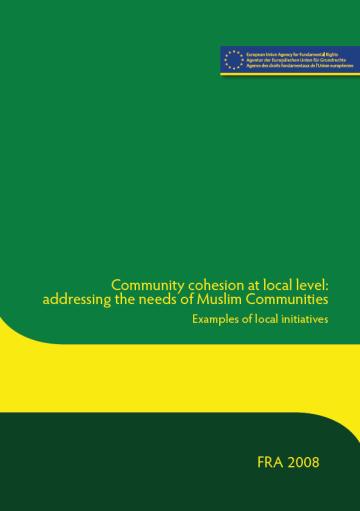EŽTK Protokolo Nr. 7 4 straipsnis yra išdėstytas taip:
`1. Niekas negali būti tos pačios valstybės institucijų vėl persekiojamas ar baudžiamas už nusikaltimą, dėl kurio jis jau buvo išteisintas arba nuteistas nuosprendžiu pagal tos valstybės įstatymus ir baudžiamąjį procesą.
2. Ankstesnės šio straipsnio dalies nuostatos nedraudžia atnaujinti bylos proceso pagal tos valstybės įstatymus ir baudžiamąjį procesą tuo atveju, kai iškyla nauji ar naujai paaiškėję faktai ar nustatomos esminės ankstesnio proceso klaidos, galėjusios turėti reikšmės bylos baigčiai.
3. Neleidžiama nukrypti nuo šio straipsnio remiantis Konvencijos 15 straipsniu.` Taisyklė `non bis in idem` taikoma Sąjungos teisėje (be daugelio kitų precedentų, žr. 1996 m. gegužės 5 d. sprendimą Gutmann prieš Komisiją, 18/65 ir 35/65, Rink. 1966, p. 150 ir vieną iš paskutiniųjų – Pirmosios instancijos teismo 1999 m. balandžio 20 d. sprendimą Limburgse Vinyl Maatschappij NV prieš Komisiją, jungtinės bylos T-305/94 ir kitos, Rink. 1999, p. II–931). Kumuliaciją draudžianti taisyklė nurodo dviejų tos pačios rūšies bausmių, tai yra baudžiamosios teisės bausmių kumuliaciją.
Remiantis 50 straipsniu, taisyklė `non bis in idem` taikoma ne tik vienos valstybės jurisdikcijai, bet ir keleto valstybių narių jurisdikcijoms. Tai atitinka acquis Sąjungos teisėje; žr. Šengeno konvencijos 54–58 straipsnius ir Teisingumo Teismo 2003 m. vasario 11 d. sprendimą Gözütok, C-187/01 (Rink. 2003, p. I–1345), Konvencijos dėl Europos Bendrijų finansinių interesų apsaugos 7 straipsnį ir Konvencijos dėl kovos su korupcija 10 straipsnį. Labai ribotos išimtys šiose konvencijose, leidžiančios valstybėms narėms nukrypti nuo taisyklės `non bis in idem`, numatytos 52 straipsnio 1 dalies horizontaliojoje sąlygoje dėl apribojimų. Protokolo Nr. 7 4 straipsnyje nurodytų situacijų atveju, būtent taikant šį principą toje pačioje valstybėje narėje, garantuotos teisės esmė ir taikymo sritis yra ta pati kaip atitinkamos EŽTK nurodytos teisės.

